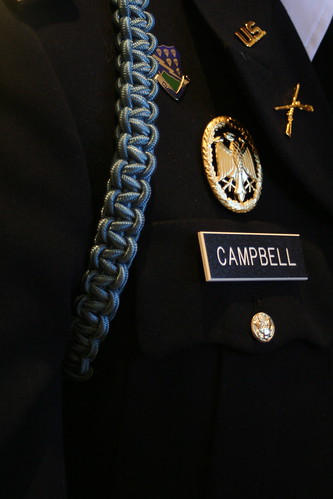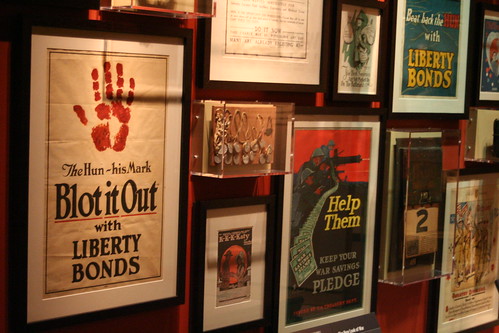aren't the ones we expect we'll learn. They are unexpected, hiding in the shadows of all the great things we try to accomplish.
From October through December 2009, I tackled what grew into the largest and most ambitious project of my young journalism career.
It all sprang from a seemingly small idea: to write a profile of a homeless person. The profile would give a little more meaning to some statistical data released by the Homelessness Coalition in our coverage area.
Then I learned a close friend of mine from college had ended up living on the streets of Minneapolis for a while. Although she retained her job, she couldn't afford to make rent for several weeks.
It shifted the angle of my homelessness project from just a profile to a project geared toward addressing the stereotypes we have of those who end up homeless: are the stereotypes true, and if not, how are they wrong?
I knew grappling with a subject that big and involved would take more than one story. It would take a series. Or, as my editors later advised, a special section.
So began my journey to the shelters, alleyways, vacant homes and hand-built camp sites where I learned the personal stories of countless displaced individuals. Getting them to talk frankly was never the challenge; getting them to go on record was the difficult part.
Photos, video and audio were also a sensitive issue with many. One subject demanded her entire story be removed from the special section, because she feared her photo being published.
With a team of seven from our newsroom — two reporters, two photographers, a Web producer, a graphic designer and an associate editor — we completed a six-page special section: "
When Homelessness Hits Home."
I learned countless things in the process of producing my first special section, but here are some highlights:
- When embarking on a large project, first pitch it thoroughly to all your colleagues and superiors. Test their receptivity and interest.
- Find out who is on your team before you begin.
- Ask questions, and keep your managers/editors in the loop.
- If you need a bodyguard, don't be afraid to ask.
- Be specific when delegating responsibilities. Who needs to do what when?
- Give yourself plenty of time to complete the task. Don't rush it, and don't rush your sources. If you want to get to know them, spend time with them while they're going about their daily tasks.
- Give yourself and your team early incremental deadlines. Be flexible with them, but don't ignore them or you will regret it.
- Multi-task. If you're a reporter and you have a camera, keep it with you in case you get the rare chance to capture those moments that are so hard to recreate.
- Have meetings. Everyone hates meetings, but a well-run meeting can keep everybody running in the same direction and relieve a lot of stress for you as project manager.
- If possible, have the project put together well in advance of its publication date, to give you time to decompress before seeing it in print.
- Promote it!



















